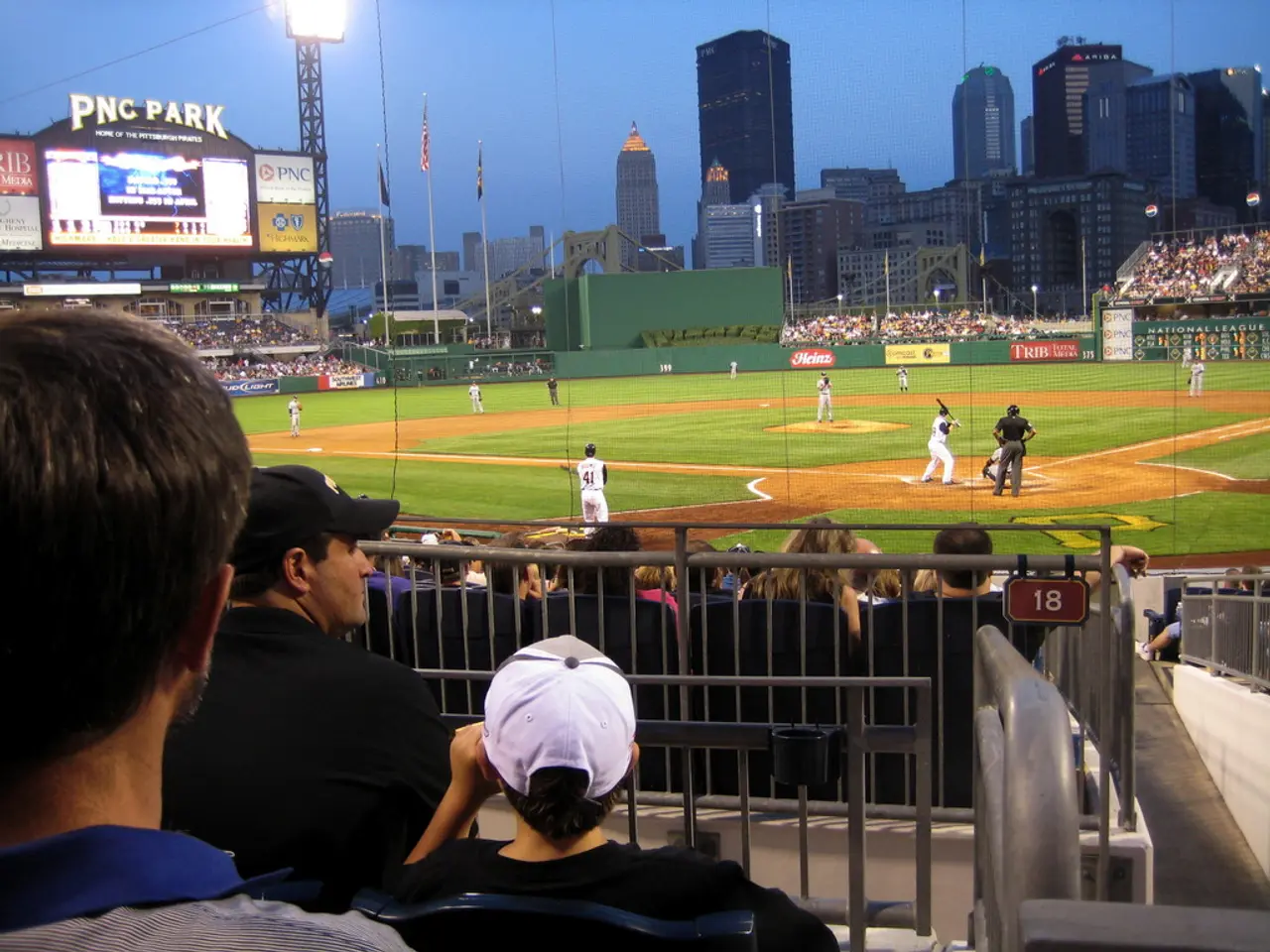Expanded city recreational spaces for sports: Initiating leisure sports pilot program in Chemnitz schoolyards
In the heart of Germany, the city of Chemnitz is making waves with an innovative pilot project that aims to transform underutilized schoolyards into vibrant leisure sports spaces for local residents. The initiative, spearheaded by Mayor Ralph Burghart, has the goal of fostering community engagement and increasing physical activity opportunities.
Under the rules of the pilot project, usage is permitted during specific non-school hours. Users are expected to respect the facilities, maintaining cleanliness and order, and safety regulations may be in place for organized sports activities, depending on local guidelines. However, potential challenges lie ahead, such as managing liability and safety concerns, ensuring the primary educational use of the schoolyards is not compromised, and coordinating schedules and securing community buy-in for shared use and responsibility.
The experiment, which has been cleared by the city council following a joint initiative by CDU/FDP, Greens, and Left, will run until the end of 2025. After this period, a decision will be made about whether more schoolyards will follow suit.
While specific operational details and regulations for Chemnitz's implementation are not widely available, similar programs typically involve these rules and challenges. For precise information about the project in Chemnitz, local government or school district publications would be the best sources to consult.
Amidst these changes, the city of Chemnitz is also gearing up for a big open-air concert featuring Bryan Adams. However, the experiment has not been without its controversies. The mayor has expressed concerns about potential neighborhood conflicts and vandalism damage associated with the experiment. Furthermore, the mayor has stated that daily cleaning is necessary due to litter, feces, drug paraphernalia, or glass shards resulting from the experiment.
Despite these challenges, the mayor remains committed to making schools more integrated into their city districts. The intake ban for cats at the Chemnitz animal shelter, which has recently been lifted, may indicate that the city is focusing its resources on other community initiatives. The experiment in Chemnitz serves as a testament to the city's forward-thinking approach to community development and its dedication to fostering a more active and engaged citizenry.
The innovative pilot project in Chemnitz, aimed at transforming underutilized schoolyards into leisure spaces, could potentially expand into an outdoor-living lifestyle zone for residents, promoting home-and-garden activities alongside sports. Nevertheless, addressing challenges such as liability and safety concerns, neighborhood conflicts, and vandalism damage remains essential for the success of this endeavor.




